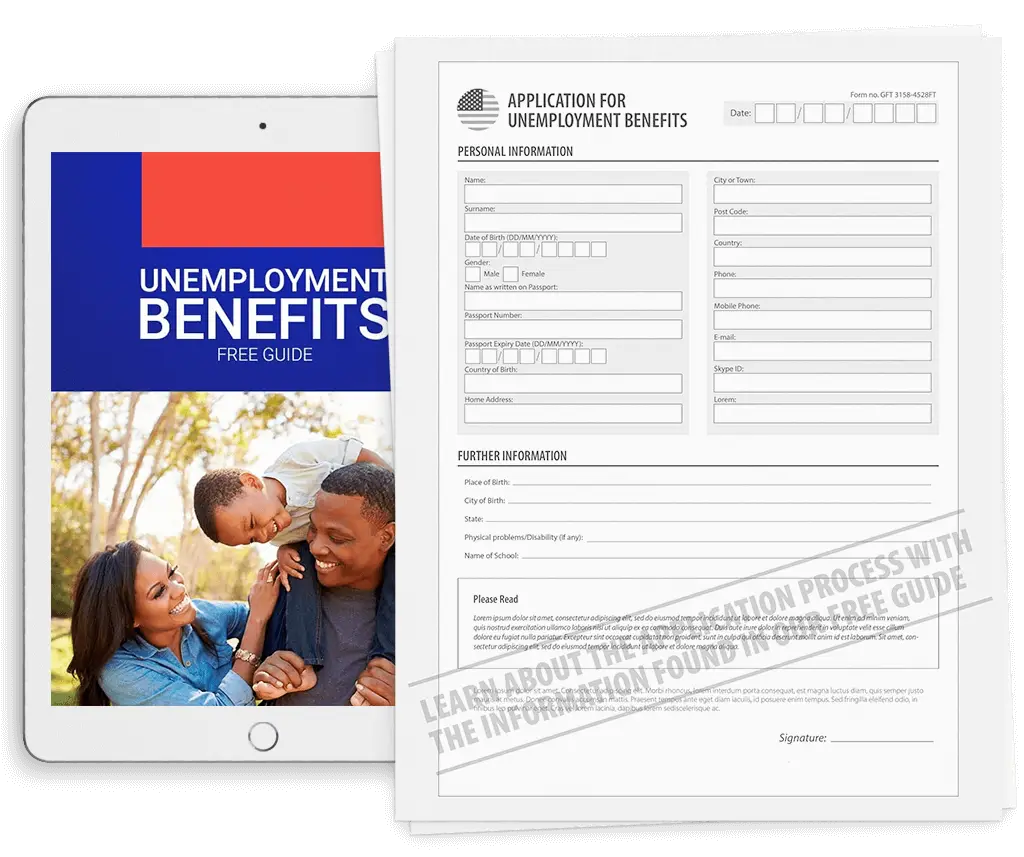Unemployed individuals in the United States can claim unemployment benefits if they meet all eligibility requirements of their state of residence. Each state operates in accordance with the rules and regulations of the U.S. Department of Labor, which serves as a guide, but states are given the freedom to establish their own laws regarding unemployment insurance eligibility. In addition to these requirements, unemployed U.S. citizens claiming benefits for unemployment may also need to pay federal income taxes, depending on the circumstances. On the other hand, if you have exhausted the unemployment benefits during a period of high unemployment, you may be eligible to apply for an unemployment benefits extension. To learn more about unemployment benefits in the U.S., as well as to learn about continued eligibility and the taxes related to unemployment benefits claims, explore the sections below:
- Basics to claim unemployment benefits
- What is continued eligibility for unemployment benefits
- Unemployment benefits and federal income taxes
Basics to Claim Unemployment Benefits in the U.S.
The procedure for unemployment benefits claims is usually simple if you gather the necessary documents and meet all eligibility requirements set by the appropriate government agency in your state. To apply, you must have made enough money at your job during a set amount of time, called the base period, under each state’s rules. Then, you must be considered physically and mentally able to work during your unemployment period as well as to seek work actively. Your unemployment must be for objective reasons and through no fault of your own. If you were fired from your job due to misconduct, you are not eligible for claiming benefits for unemployment.
When claiming benefits for unemployment, you must go through the appropriate Unemployment Insurance government agency in your state. If you have worked in several different states, you must apply in the state in which you worked last, although you may be able to claim unemployment benefits from all places of employment. The ways in which you can claim unemployment benefits are different from one state to another, but in general, you may choose to apply online, by mail or in person. In California, for example, you can easily file an unemployment benefits claim online, by visiting their portal and answering the provided questions.
Once you complete the application, it will be sent to the CA Employment Development Department (EDD) that will review and process it further. Alternatively, you can also contact the EDD by phone and file for benefits by answering a few questions. Finally, if you would like to submit a paper application, you can find and complete one online that you can send to the EDD by mail or fax.
How can I continue receiving unemployment benefits?
An unemployment benefits extension is filed by U.S. citizens during times of high unemployment in their state. To be eligible for an extension, you must prove to your state’s department handling unemployment insurance that you will:
- Be available and able to work.
- Accept suitable work.
- Actively look for a job.
- Report any income you may have earned during your unemployment period.
The appropriate agency in your state will gather information about your activities through a special continued claim form that will be sent to you periodically. You must fill out and return the form to the agency for each week of active unemployment claim. Note that this procedure may be different in your state. The time period for unemployment benefits extension varies from state to state.
Learn About Unemployment Benefits and Federal Income Taxes
DISCLAIMER: This is not tax advice.
Unemployed individuals who claim unemployment benefits are still eligible to receive some sort of income. Your unemployment benefits must be reported on your federal tax return (Form 1099-G) issued by the IRS. You must include all federal unemployment benefits you have received throughout the year under the section ‘Certain Government Payments’. However, the IRS makes withholding of federal taxes optional and it is completely up to you as an unemployed individual to decide on the matter.
Note that if you received supplemental unemployment benefits from a fund financed by a company, these are not considered unemployment compensation and are thus fully taxable. For this purpose, you must complete a Form W-2 (Wage and Tax Statement). On the other hand, if your unemployment benefits come from a private fund to which you have contributed, the benefits will be taxable if the amount you received exceeds the total payments made into the fund. This taxable amount is reported on a Form 1040 (Individual Income Tax Return). However, if you receive federal unemployment benefits, the IRS will send you a Form 1099-G. If you decide to have federal tax withheld from your benefits, you must complete Form W-4V (Voluntary Withholding Request).
